Bitcoin Africa had the opportunity to sit down with EOS Nairobi’s Daniel Kimotho, George Mosomi, and Felix Macharia for an exclusive interview to discuss the projects they are currently working on and their vision for EOS in Africa.
Daniel Kimotho, EOS Nairobi’s Community Lead, has a background as a business and web developer (BBIT), and he has co-founded the First Nexus Company that aims to provide solutions for companies embracing emerging technologies for their businesses.
Felix Macharia is the Head of Operations, having his background in entrepreneurship and scientific research. He and Daniel are both co-founders at First Nexus, and both are researchers affiliated with the Institute for Blockchain Studies, based in New York.
George Mosomi is EOS Nairobi’s Chief Technology Officer. His background is in strategic consultancy. He is the co-founder of Capitally Blockchain, a firm that consults with companies on adopting blockchain technology.
Why Did You Decide to Launch an EOS Community Instead of, say, an Ethereum, Waves, or IOTA Community?
We found that EOS would offer greater support for decentralised applications, which could be built to enhance business and commerce through such applications. Each of these mentioned platforms has ushered in a new frontier of technology that was the best advantage in its time, and we believe that EOS is the most appropriate tech for our community currently.
What Projects Are You Currently Working on?
There are four projects; addressing health, traffic fine management, art, and enumeration.
The project on health aims to incentivise holistic living by awarding the Health Wealth token for goals attained by community members. The founder of this initiative is Jason Kunga, who founded the “Back to Nature” movement.
Joshua Nyaga has proposed a solution to incentivise efficient traffic offence management. The DApp will connect the traffic, legal system and motorists such that an offending motorist upon determination of the offence will be able to log in, accept the charge as legally prescribed, and pay a fine, out of which a 20 percent commission will go to the reporting traffic officer. This is set to promote safe driving, reduce corruption and increase efficiency in traffic offence management.
Amos Mburu proposed an art project to provide a secure platform for artists to earn directly from their clients, while significantly reducing the risk of piracy through smart contracts that create digital signatures for the art pieces, thereby ensuring each artist earns rightfully from their work.
Amos Mburu has proposed a project that seeks to leverage blockchain and graphene technology to afford effective mechanisms to identify, capture pertinent data, and enumerate people as per their geographic areas. Normal census mechanisms can be affected by bias, harsh terrain and adverse weather conditions in certain regions. If, however, other mechanisms, such as mobile proliferation are leveraged, it is possible to reach more people accurately.
What is Your Plan for EOS Nairobi?
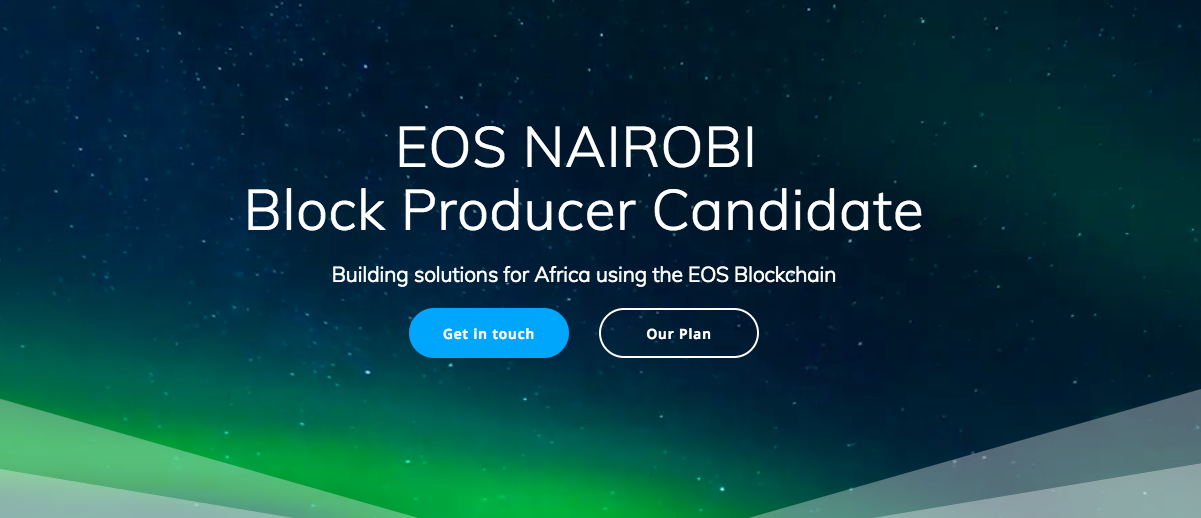
The EOS Nairobi community is set to grow steadily through its educational and incubator program whose main aim is to build capacity and develop skills among software developers, entrepreneurs, and people who are ready to take advantage of blockchain technology for business development. The demand for such skill is already quite high across various sectors, so EOS Nairobi will aim to bridge that gap.
This incubator initiative is being facilitated in partnership with Techno Brain and Strathmore University, as the partnerships in that initiative are vital in creating an enabling ecosystem for businesses leveraging blockchain technology.
As more companies and businesses seek alternative means of financing, such as digital tokens, as seen in the last year with billions of dollars raised in initial coin offerings (ICOs) or token generation events (TGE), it is evident that there is need to ensure proper mechanisms and standards are put in place to ensure that these businesses deliver sustainable value, otherwise, there is risk of businesses collapse post ICOs and monetary loss.
EOS Nairobi plans to develop a framework in partnership with other organisations to consult, guide and benchmark best practice for businesses seeking to raise funds for operations and scaling through token generation events. Two such projects are underway.
What Role Can EOS Play for Africa?
EOS, as an open source technology platform, is a powerful decentralised infrastructure. Its core vision is to secure life, liberty and property. Among its core principles is the value of community, and one of Africa’s unique strengths is that of community. In any African country, one cannot miss a sense of community. You are, therefore, likely to find people innovating solutions based largely on community needs. Furthermore, questions on property ownership and inheritance are quite sensitive in Africa. EOS can play a significant role in propelling technological innovation for Africa’s communities to secure life, economic liberty, and property ownership.
Moreover, EOS can open up the next frontier of social enterprise initiatives, as it would be easy to track results and impact quite efficiently. EOS offers a high transaction rate per second, 10-100,000/sec; easy-to-use interfaces for people, no transaction fees and it provides for scalability to support all those transactions on the network. EOS has the potential to spark a multiplier effect for development, social transformation and social impact in Africa.
As these innovations come up and their impact is assessed over time, it is likely that Africa’s developmental potential will be significantly opened up for generations to come, because as it begins with the youth and first adopters, it will be unstoppable.
What Are Your Thoughts on EOS for the Future?
EOS as a project is set to launch the next frontier of technological development globally. Much in the same way that with improvement in internet accessibility and upgrades from 2G to 4G and now 5G, we were able to see the evolution of technology from email, to search engines, to mobile applications and now IoT being applied to multiple industries seeking to improve communication, security, manufacturing output, efficiency, leisure and other goals, we will see progressive evolution of innovation and initiatives for commercial and social impact.
EOS will be a gateway for innovation, increasing awareness of needs, problems, and potential solutions.
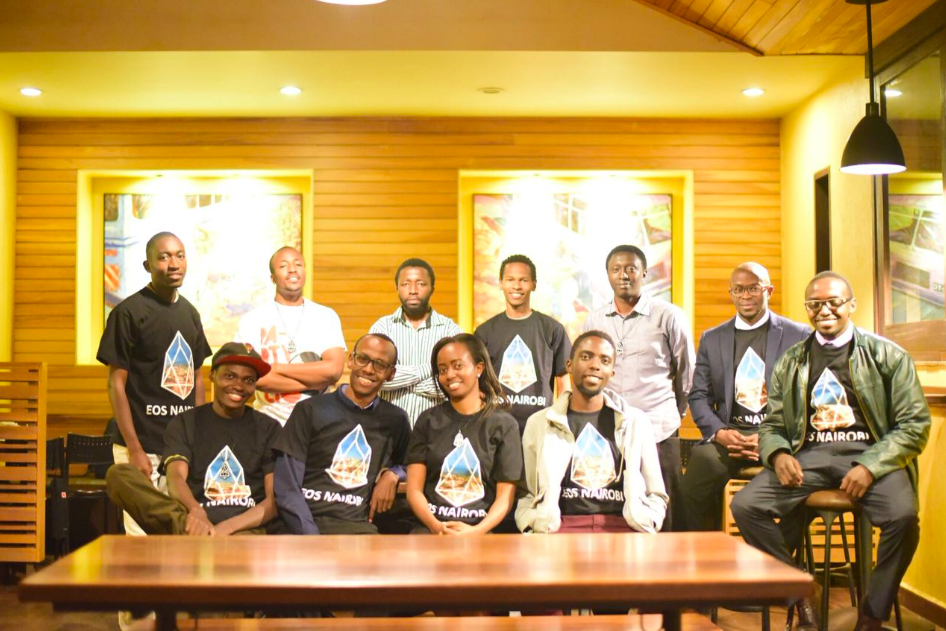

 News1 year ago
News1 year ago
 News1 year ago
News1 year ago
 News2 years ago
News2 years ago
 News2 years ago
News2 years ago
 News2 years ago
News2 years ago
 Sponsored Posts2 years ago
Sponsored Posts2 years ago
 News2 years ago
News2 years ago
 News2 years ago
News2 years ago





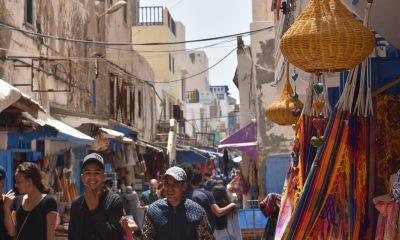

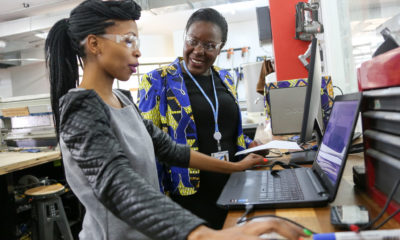



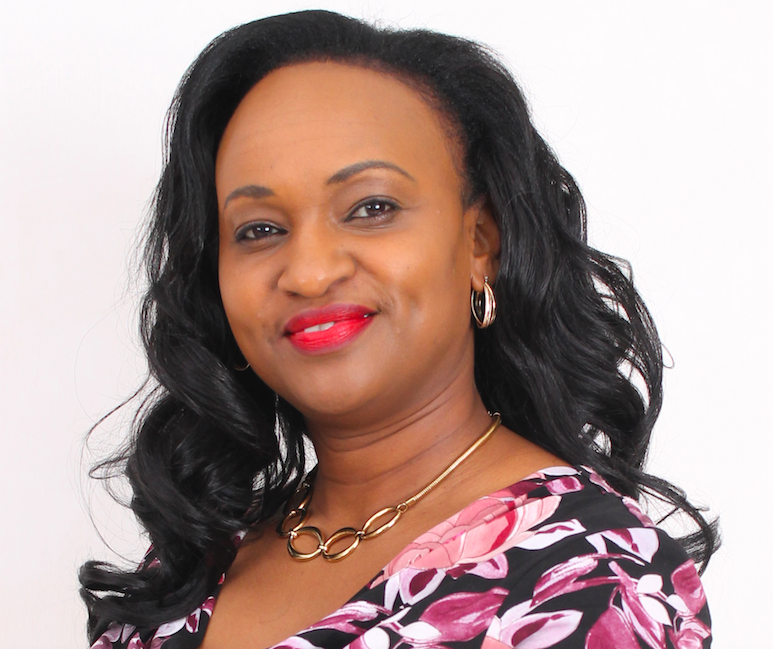
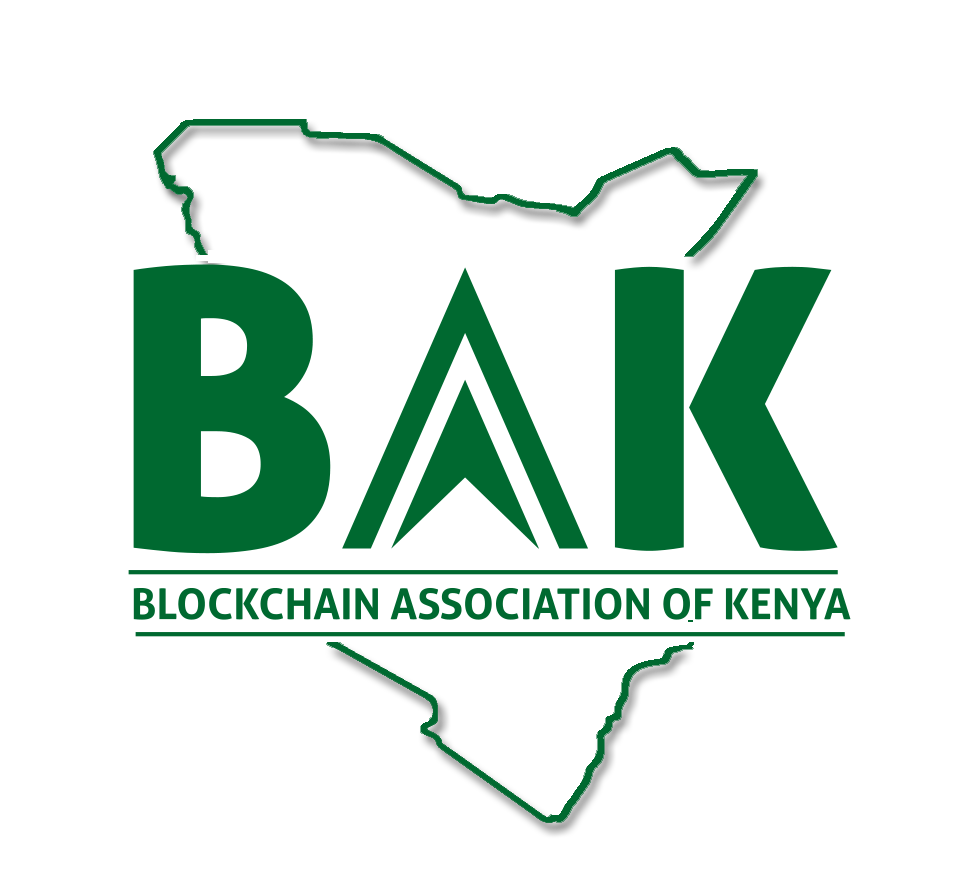 Since it was registered in 2017 as a non-profit, the
Since it was registered in 2017 as a non-profit, the 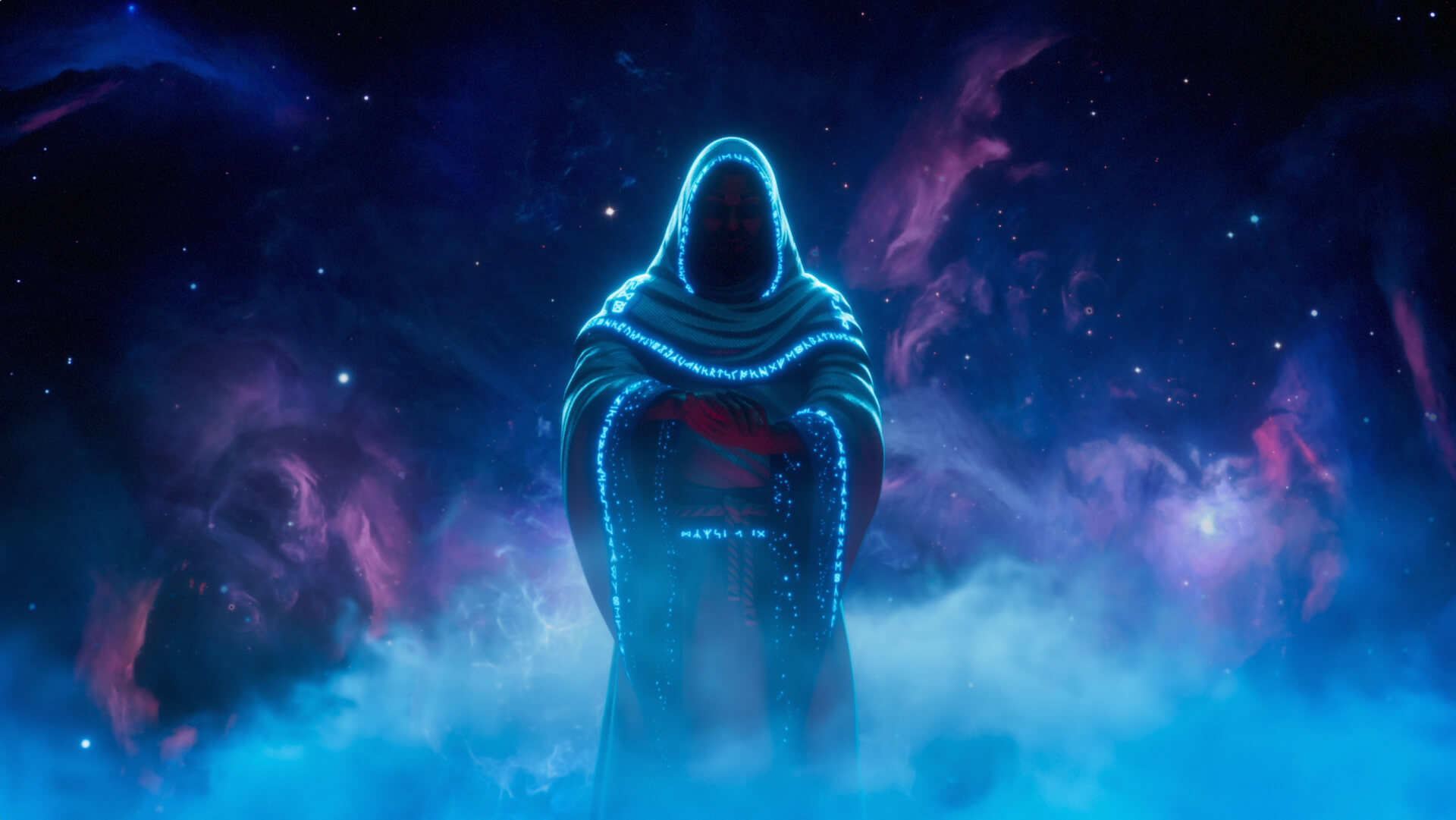

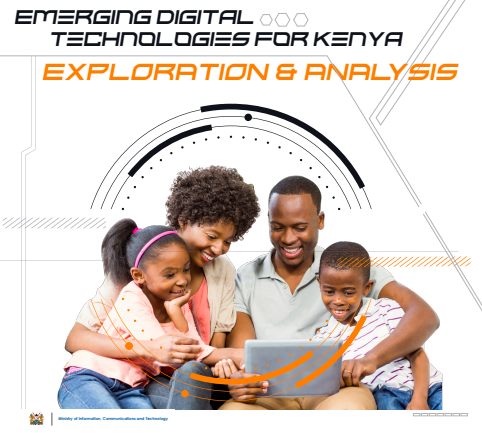
 Some of the target implementation areas for blockchain and AI include the Ministry of Lands, Huduma Centres where important documents are issued, and the Ministry of Transport.
Some of the target implementation areas for blockchain and AI include the Ministry of Lands, Huduma Centres where important documents are issued, and the Ministry of Transport.






